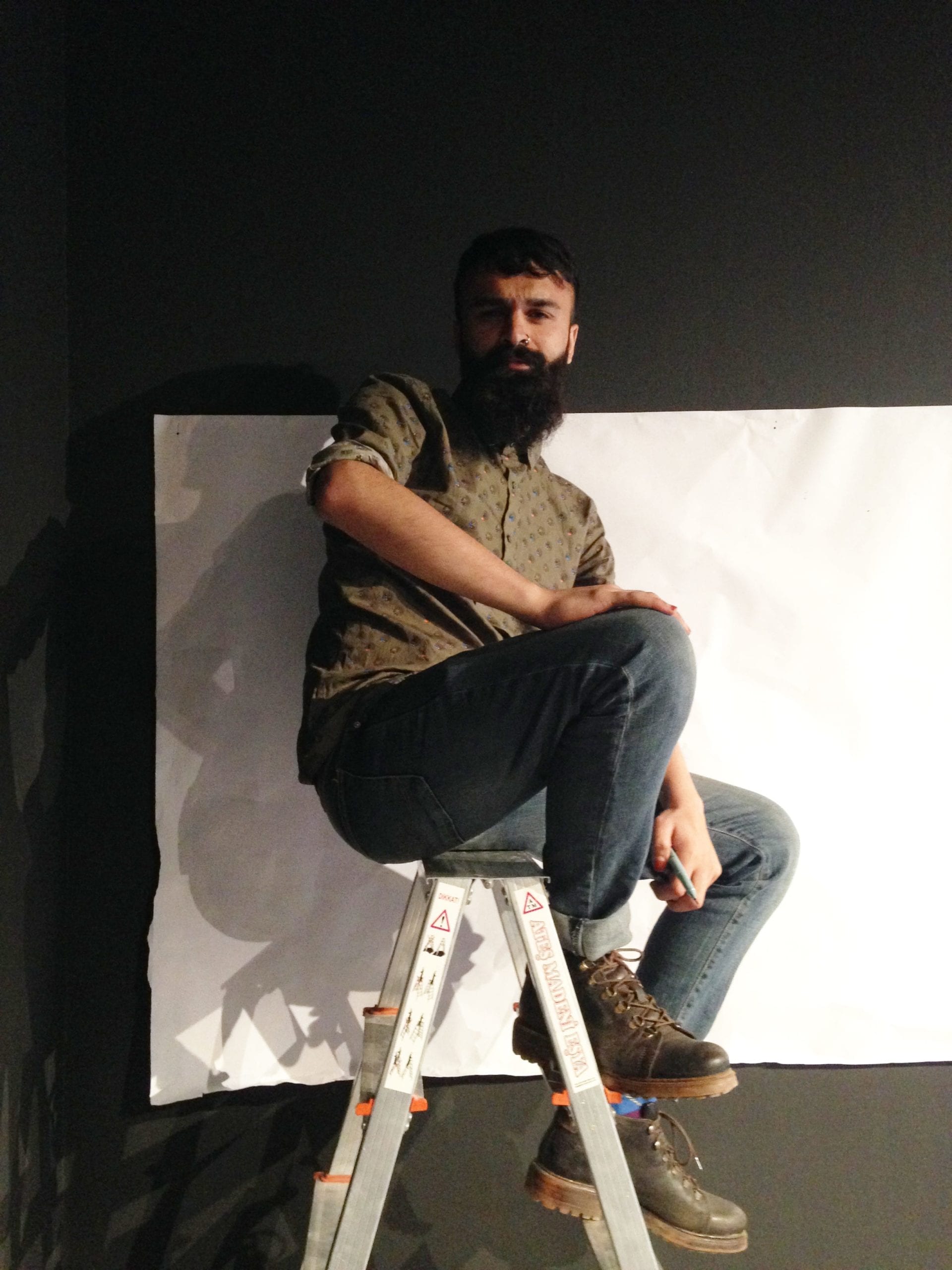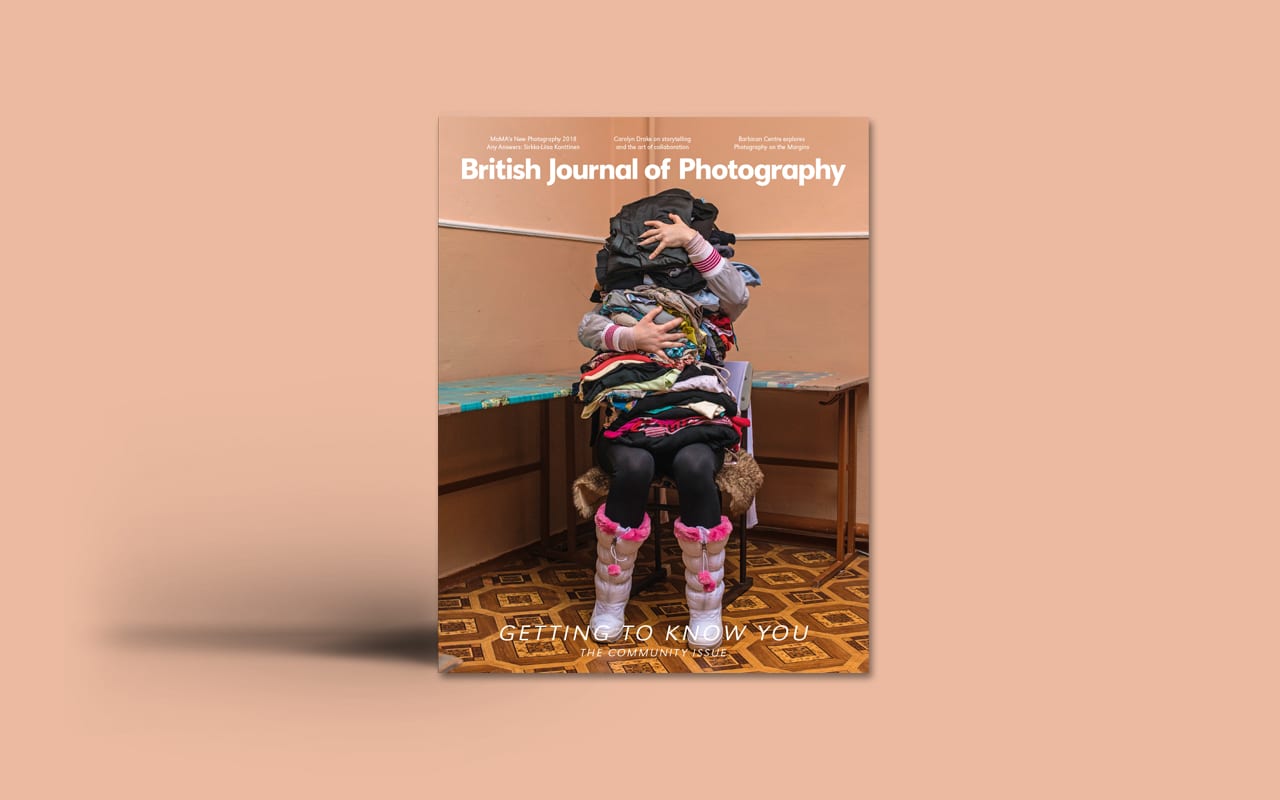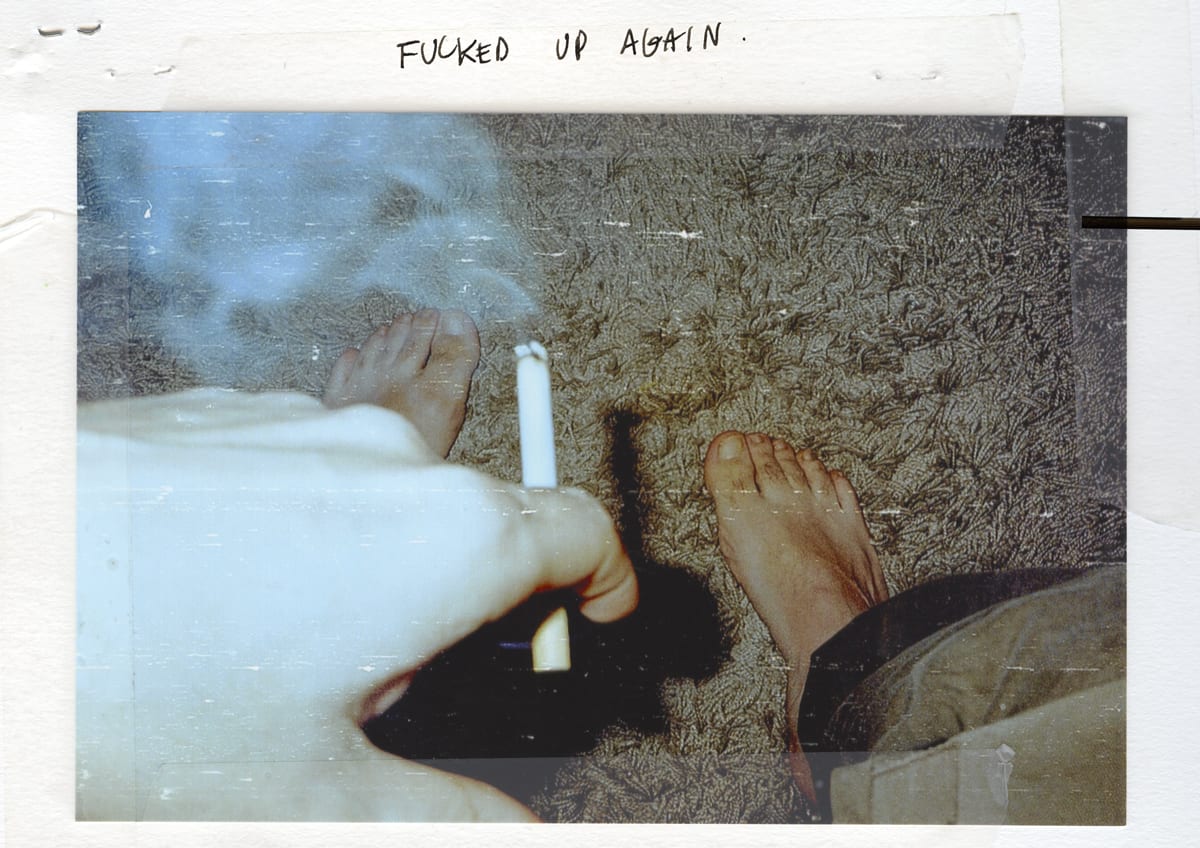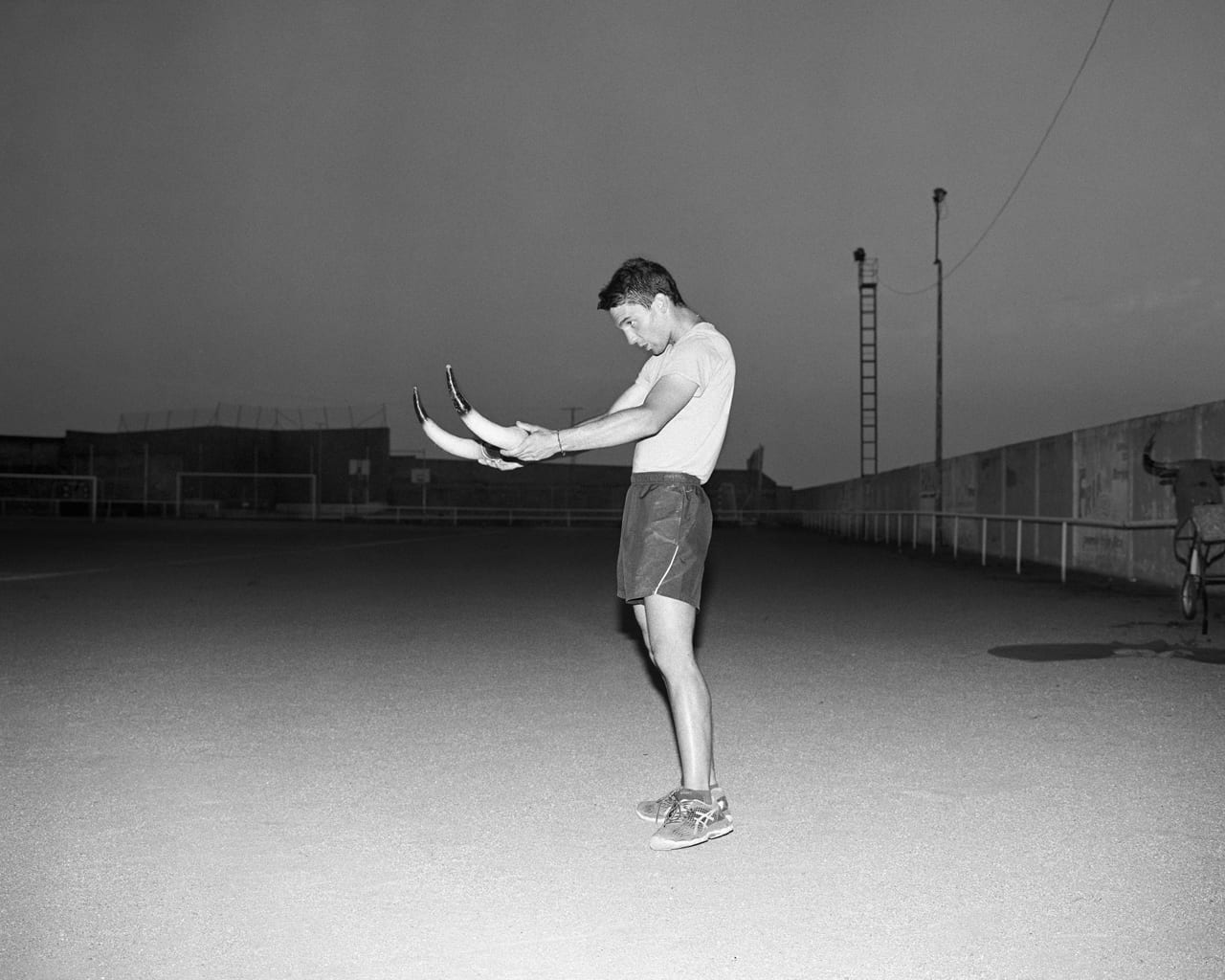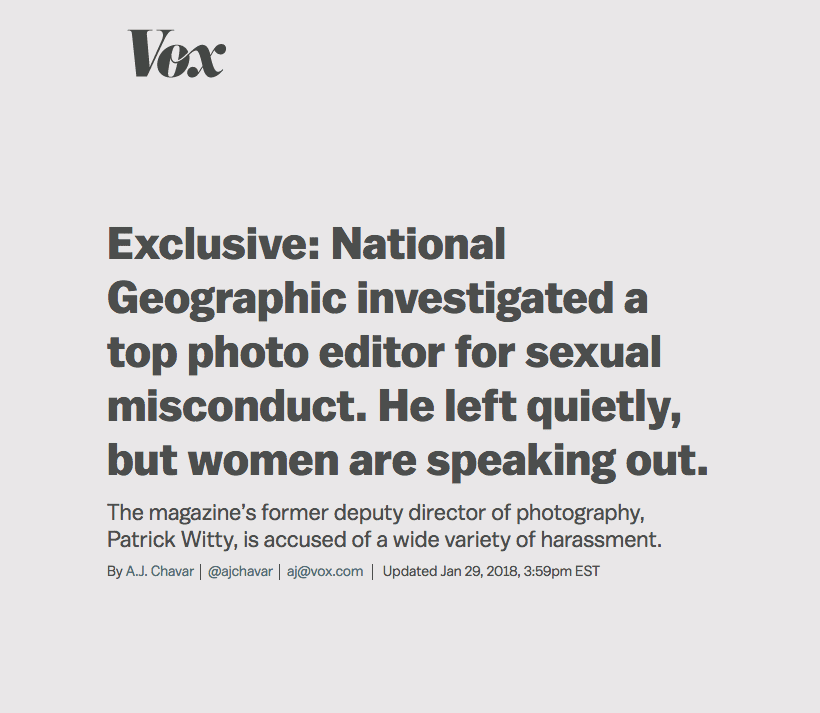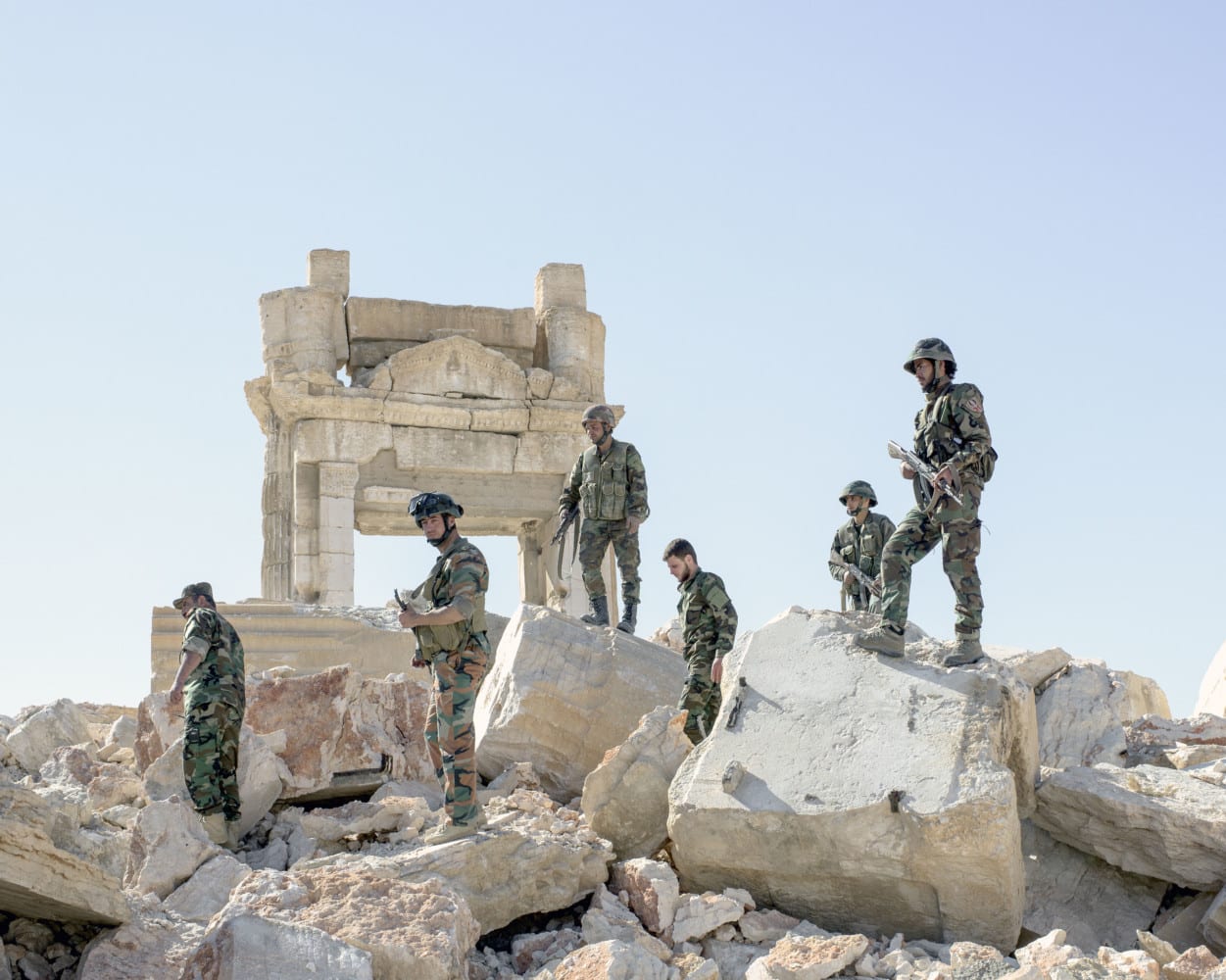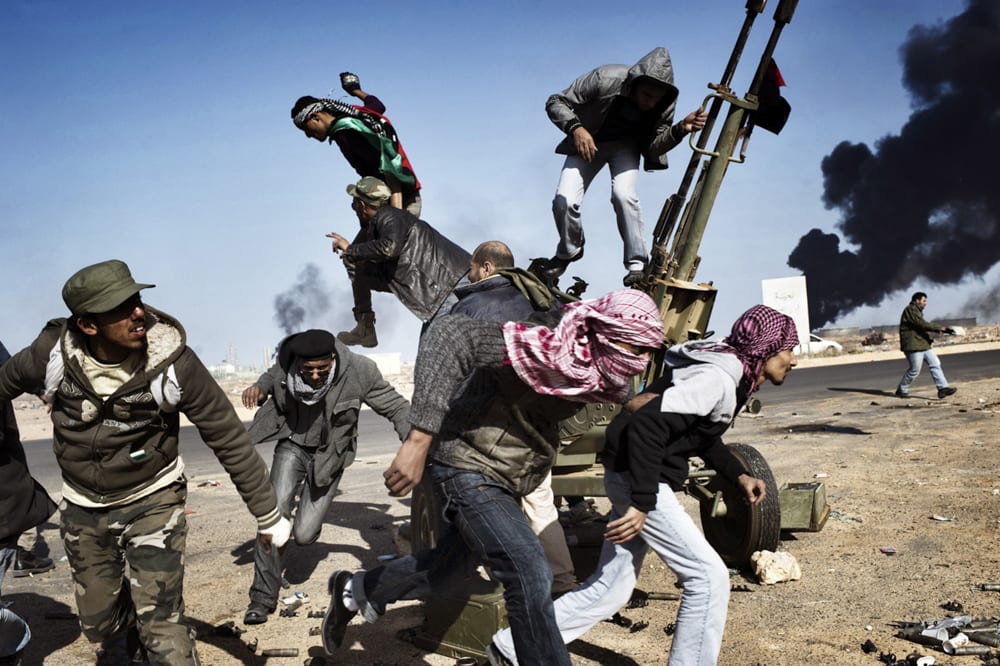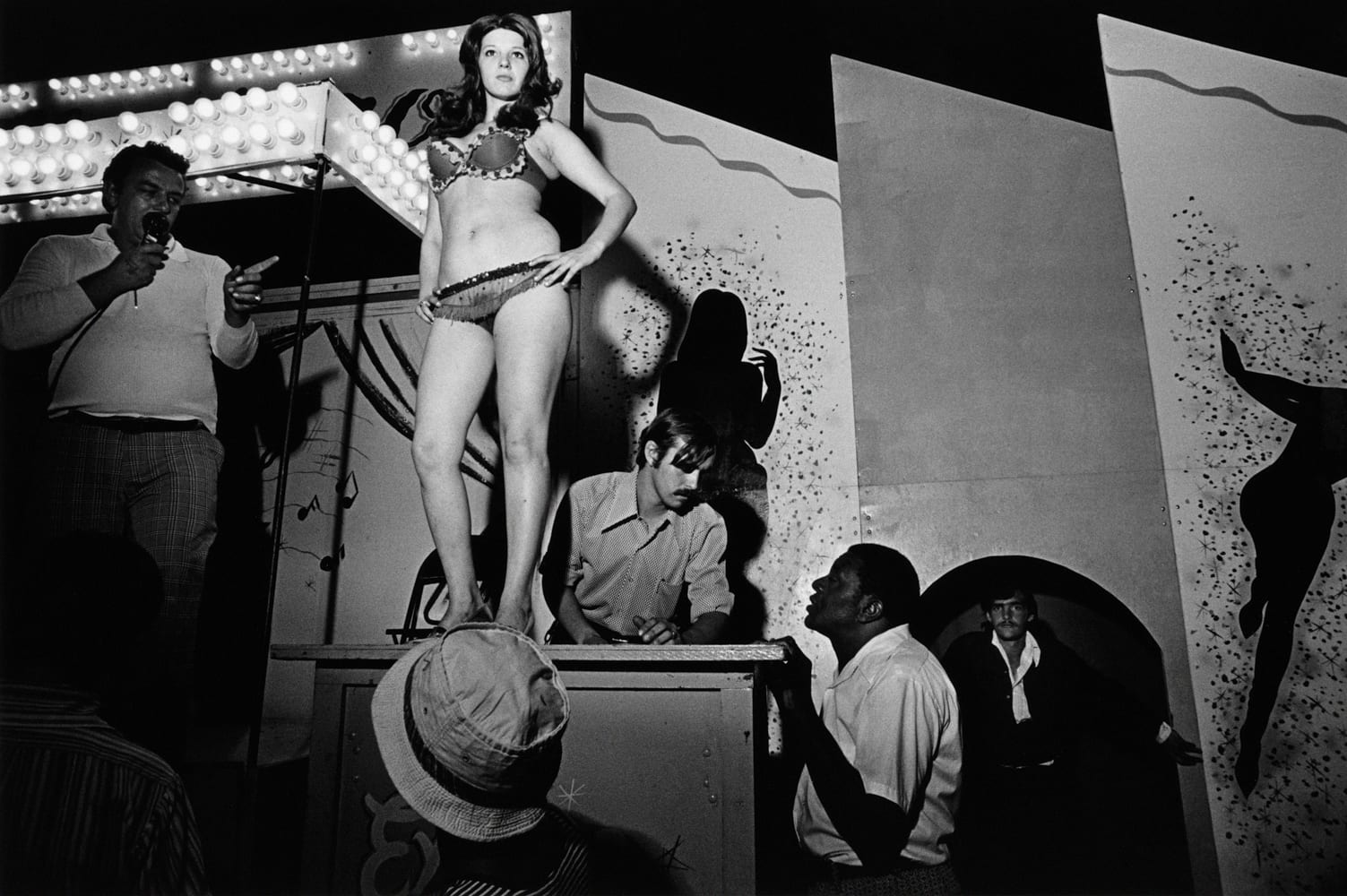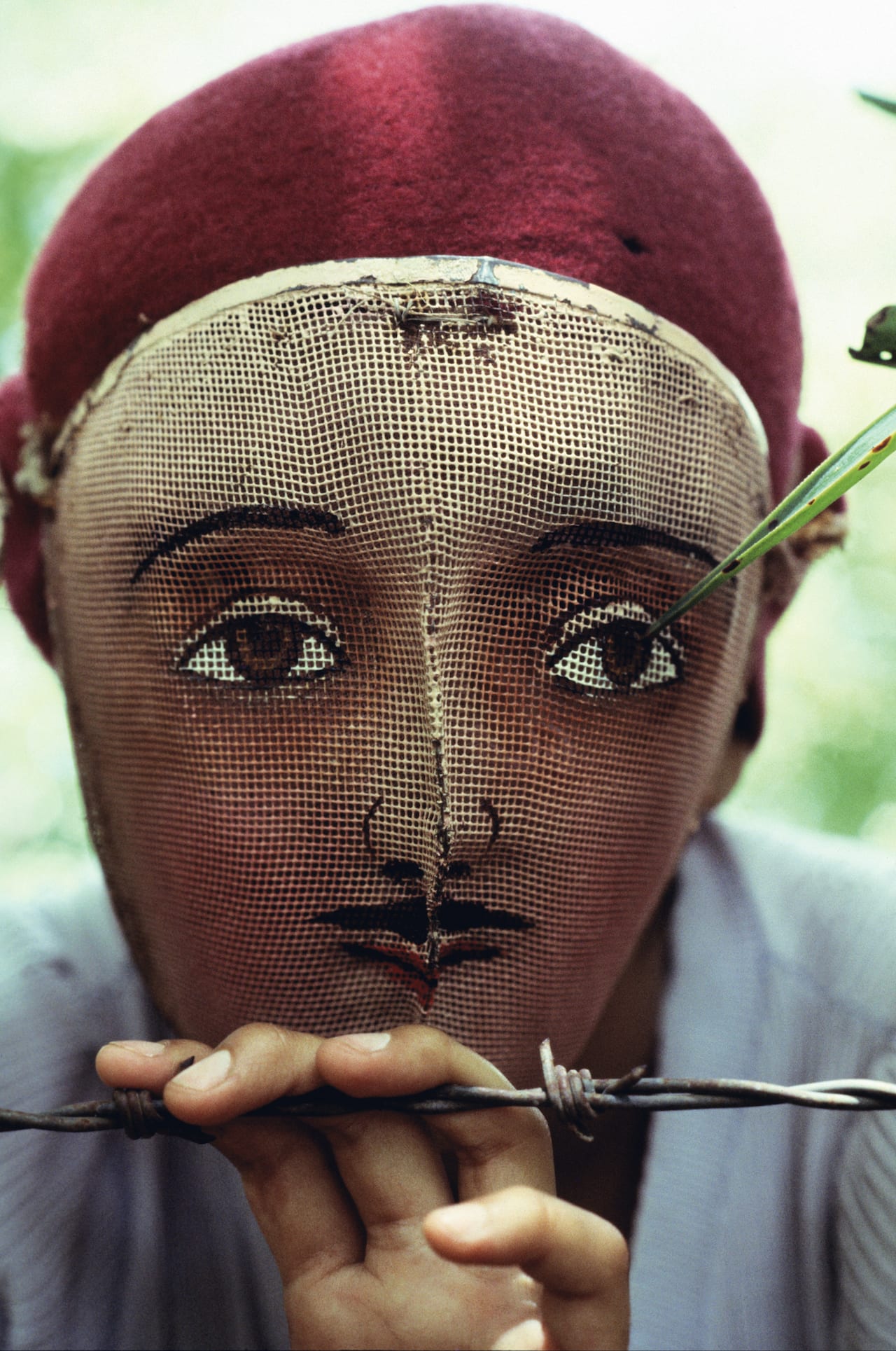On 13 February, Çağdaş Erdoğan will stand trial in Istanbul accused of membership and support of the Kurdistan Workers’ Party (PKK), a separatist group classified as a terrorist organisation by the Turkish government. Erdoğan is of Kurdish descent, grew up in the region and, as an adult, embedded with affiliates of the PKK during the complex, multifactional conflict that has crossed the borders of Syria, Iraq and Turkey. But he did so, he claims, purely as a photojournalist intent on documenting an unseen conflict for the world’s media and without any alliance with or allegiance to any organisation. His only allegiance was to photography.
